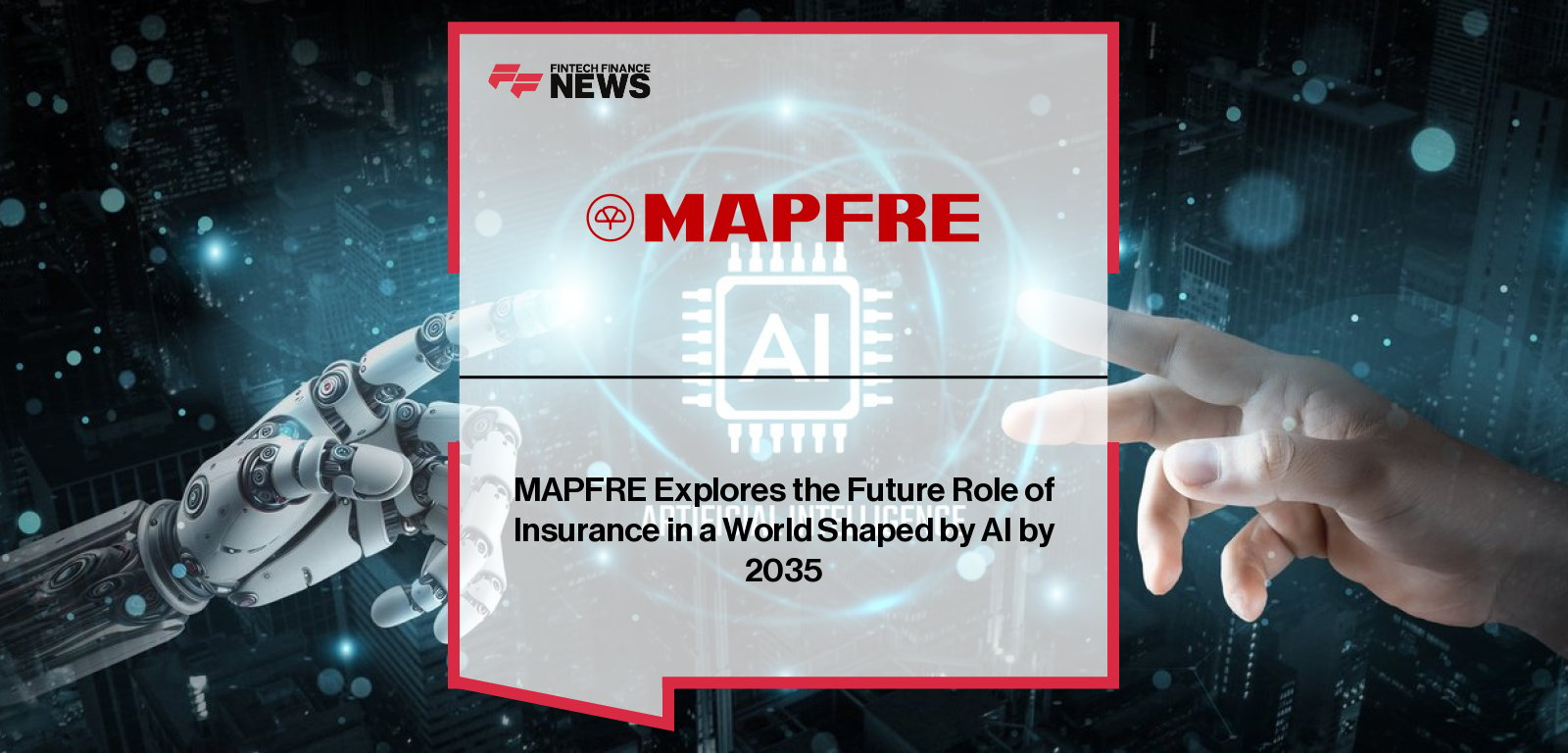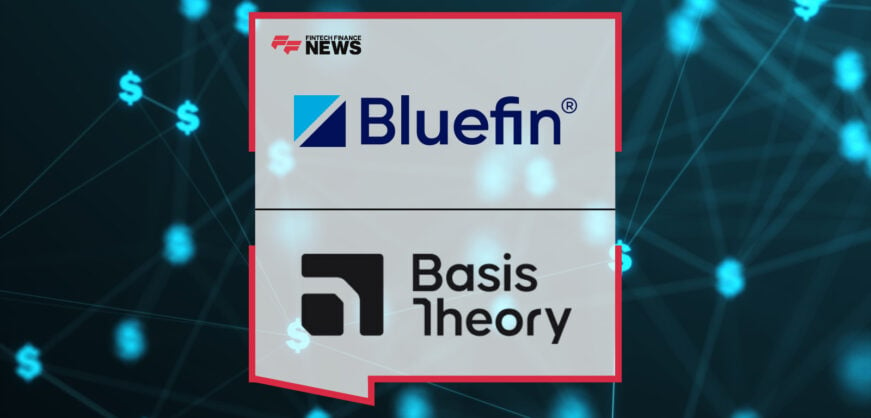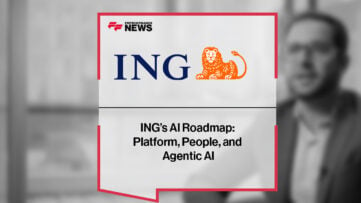Breaking News

MAPFRE Explores the Future Role of Insurance in a World Shaped by AI by 2035
MAPFRE Intelligent Agents Report examines the evolving role of AI and smart tech in shaping future interactions. MAPFRE, a global insurance innovation leader, has released ‘The Future of Interaction: The Role of Interaction in a World Shaped by Intelligent Agents’ – a study examining how human and technological interactions might evolve by 2035, and the implications for the insurance industry.
Intelligent agents are systems that can perceive their environment, process information, make decisions, and take actions to achieve specific goals, often autonomously. These can include digital or virtual assistants, AI chatbots, autonomous systems like self-driving cars, recommendation engines (found in streaming platforms like Netflix or Amazon and e-commerce), and smart home devices.
MAPFRE explores four plausible future scenarios, based on expert interviews and extensive research, to understand how these advances in AI, digital agents, and smart devices could affect our daily interactions as they become more automated and intuitive. These are:
- Where the wall stopped us – limited digital progress and weak AI adoption has led to minimal transformation. Insurance operations remain largely unchanged.
- The art of maximising – AI assistants are widespread, enhancing efficiency in daily tasks. Insurers benefit from streamlined processes but without full-scale disruption.
- The age of digital luxury – advanced AI is accessible only to the affluent, creating a digital divide. The insurance sector faces segmentation and regulatory hurdles.
- Towards utopia – intelligent agents enable seamless, personalised experiences. Technology is widely accessible and revolutionises how insurance operates and manages risk.
The report outlines key trends insurers must prepare for, namely:
- Demand for smarter, seamless interactions across channels
- Greater automation in transactional processes
- Human support at critical moments, requiring empathy and clarity
- Redefinition of physical/digital presence, tailored to generational and customer preferences
- Rise of intelligent agents, shifting interactions away from traditional websites and apps
- Transformation of the value chain, with embedded insurance and new platforms
- Hyper-personalised services, enabled by rich customer data
- Heightened security expectations, with trust and privacy becoming strategic priorities
“As human–machine interaction becomes more common, the insurance industry must evolve,” says Javier Maraña, Head of Technological Innovation at MAPFRE. “We’re already working to adapt processes, strengthen tech infrastructure, and build strategic alliances to meet the demands of tomorrow’s policyholders.”
With the MAPFRE Intelligent Agents Report, insurers gain insight into how human–AI interactions could evolve by 2035, shaping next-gen insurance strategies. You can download the full report at this link.
People In This Post
Companies In This Post
- Bluefin and Basis Theory Partner to Enable Unified Tokenization Across Digital and In-Person Payments Read more
- Invest Bank and AUTON8 Build Partnership to Drive Digital Resilience and Banking Agility Read more
- ING’s AI Roadmap: Platform, People, and Agentic AI Read more
- UK-fintech Provided Over £17.5m in Emergency Wage Advances to More Than 55,000 Employees in the Last Year Read more
- TreviPay Announces AI-Powered Growth Center to Help Enterprises Predict Buyer Behavior and Drive B2B Sales Read more


















